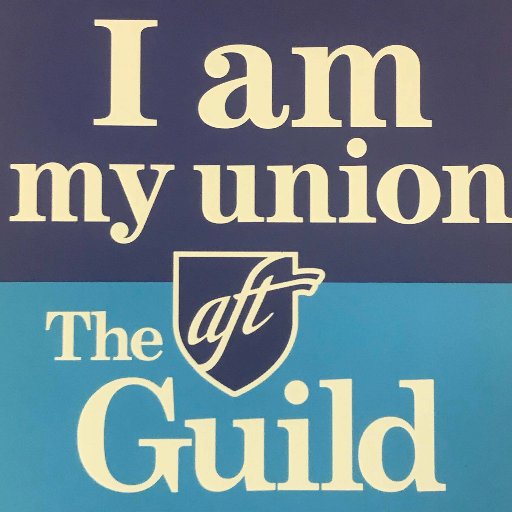The impressive wave of labor activism we saw in the fall has continued into 2022, but, despite this, the number of workers represented by a union declined by .5% last year. More American workers have a favorable view of labor and would like to be represented by a union, yet intense corporate resistance continues to prevent a significant upsurge in unionization.
This has led many advocates for worker justice to call for a reform in American labor law. However, even with a pro-union President and Democratic control over Congress, a Republican filibuster has blocked efforts to pass the PRO Act, which would make it easier for workers to organize into a union. With more political gridlock at best ahead nationally, does this spell continued stagnation and decline for the American labor movement?
Perhaps not.
As labor writer Steven Greenhouse notes in The Guardian, “The recent, much-publicized wave of union victories in the US at companies as varied as the giant coffee chain Starbucks, trendy outdoor outfitters REI and media group the New York Times is spurring hopes that this will somehow turn into a much larger unionization wave that lifts millions of Americans.”
Thus, despite facing unwelcome political obstacles and corporate hostility to unionization, some in labor see the present moment as a ripe opportunity for organizing. Indeed, the gap between what workers want from their employment and what employers are willing to provide for them has only grown wider during the two years of the pandemic. After decades of the degradation of American work with the rise of increasingly widespread contingent labor across many sectors of the economy and the accompanying increase of gross exploitation and obscene levels of economic inequality, many Americans are simply no longer willing to put up with lousy jobs and rotten working conditions.
The pandemic-induced “great resignation” of workers from jobs they previously may have just put up with is one manifestation of this growing dissatisfaction as is the refusal of many to accept a return to business-as-usual back at the office, store, or restaurant. This shortage of workers has given them more leverage to demand higher wages and better conditions, at least for a while. But this will not last forever unless more workers gain the collective power that a union can provide.
The good news for workers here in San Diego and in California is that there is new leadership in labor that is focused on vigorously organizing the unorganized and pushing harder for more gains for those who most need it.
Brigette Browning, the Secretary Treasurer of the San Diego and Imperial Counties Labor Council, comes out of UNITE HERE, Local 30, a union with a history of organizing workers in the hospitality and service sectors who are most in need of unionization. UNITE HERE is not afraid of going after big employers or striking. That is a good thing for local workers looking for a door into the union movement.
At the state level, San Diego’s own Lorena Gonzalez has resigned from the California Legislature to head the California Federation of Labor, which should breathe new life into the movement in the Golden State. As Anita Chabria’s glowing Los Angeles Times column on Gonzalez outlines, she is bent on advocating for “more collective contracts for more kinds of workers, and more legislation to keep California on the cutting edge of labor rights. Expect talk of raising the hard-fought $15-an-hour minimum wage ever higher, and continuing battles over gig workers . . . and their status as employees or contractors.”
In addition to fighting hard to expand the number of workers in unions, raising their wages, and improving their benefits and working conditions, the lesson that the last two years has taught us is that this is only part of the answer to what ails us. Perhaps the reason why so many workers have rethought their relationship to their jobs during the pandemic is that it gave them a chance to fundamentally reassess their relationship to work itself. In The End of Burnout: Why Work Drains Us and How to Build Better Lives, author Jonathan Malesic argues that “we should call for less work even as we call for better conditions of work.”
Along with Malesic, advocates for labor should emphasize that it’s not our jobs that give us dignity or purpose or meaning, but we who give those things to our work as part, but not all, of our lives. The era of soul-killing grind culture needs to end. To cite an old labor slogan, workers need bread but roses too.






0 Comments